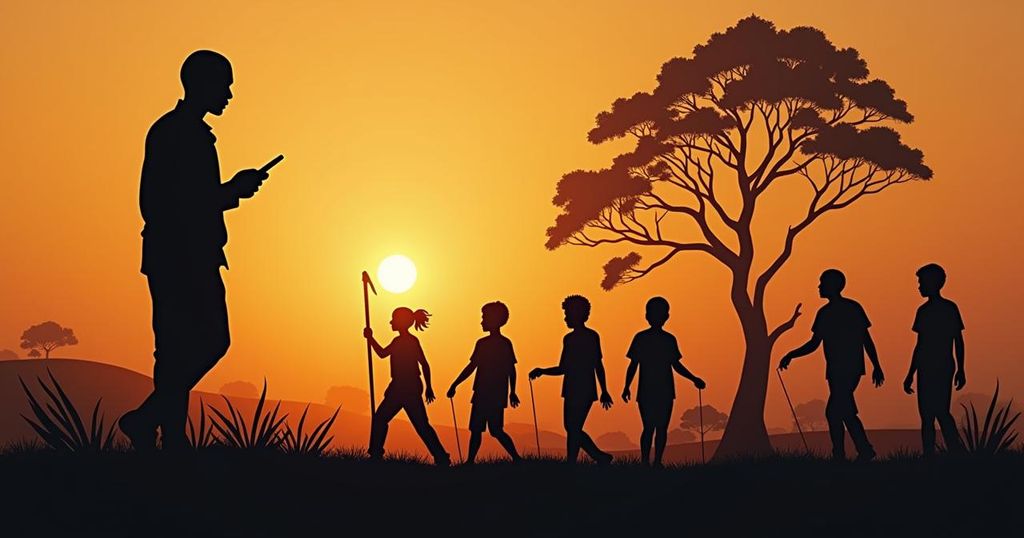Rising Mpox Cases in Africa: Urgent Public Health Response Needed

Mpox cases are increasing in Africa, with fifteen countries experiencing active outbreaks and the Democratic Republic of Congo and Burundi reporting the majority of cases. Global leaders, including U.S. President Joe Biden, are pledging support and resources to combat the outbreak. The WHO is stressing the need for enhanced public health interventions, including vaccination and community engagement.
As cases of mpox continue to surge across Africa, public health officials and leaders are raising urgent concerns regarding the viral outbreak. Currently, there are fifteen countries on the continent reportedly experiencing active outbreaks, with Morocco recently registering its first case. Samuel Boland, the mnopx incident manager at the regional office of the World Health Organization (WHO) for Africa, noted that the Democratic Republic of Congo (DRC) and Burundi account for nearly 90 percent of all confirmed cases, with significant outbreaks also being observed in Cameroon, Central African Republic, Nigeria, Côte d’Ivoire, Republic of Congo, Liberia, Uganda, Kenya, Gabon, Rwanda, South Africa, and Guinea. He stated, “DRC, Burundi [are] especially affected but also Cameroon, Central African Republic, Nigeria, Cote D’Ivoire, Republic of Congo, Liberia, Uganda, Kenya, Gabon, Rwanda, South Africa and Guinea.” The WHO has identified two separate clades of the mpox virus: Clade I, previously known as the Congo Basin clade, and Clade II, formerly referred to as the West African clade. Mpox, formerly monkeypox, predominantly spreads through close contact between individuals and occasionally via contaminated objects or surfaces. Common symptoms of mpox include fever, rash, and swollen lymph nodes. According to Boland, there have been 6,580 confirmed cases reported thus far in the year, but the number of suspected cases, which have not been definitively tested, has escalated to nearly 32,000. Out of these suspected cases, 844 individuals have tragically succumbed, while confirmed cases have resulted in 32 fatalities since January.
This surge in mpox cases across Africa is indicative of broader public health challenges facing the continent. Despite the fact that vaccines are being procured, the current supply is inadequate to effectively control the outbreak. Concerted efforts from local and international health organizations are critical in managing the situation. The WHO has emphasized the importance of strengthening surveillance, public notifications, and preventative healthcare to combat the spread of mpox. Additionally, the ongoing support from international leaders aims to enhance resources and control measures against this health threat.
To summarize, the rising mpox cases in Africa present a significant public health challenge that requires immediate and coordinated responses. While the Democratic Republic of Congo and Burundi remain the most affected, outbreaks are spreading to other nations. The WHO and African health authorities are advocating for increased vaccination efforts and comprehensive public health interventions. Additionally, the commitment of financial resources and vaccine donations from global leaders, including U.S. President Joe Biden, is vital to mitigate the outbreak’s trajectory and safeguard public health across the continent.
Original Source: www.voanews.com








